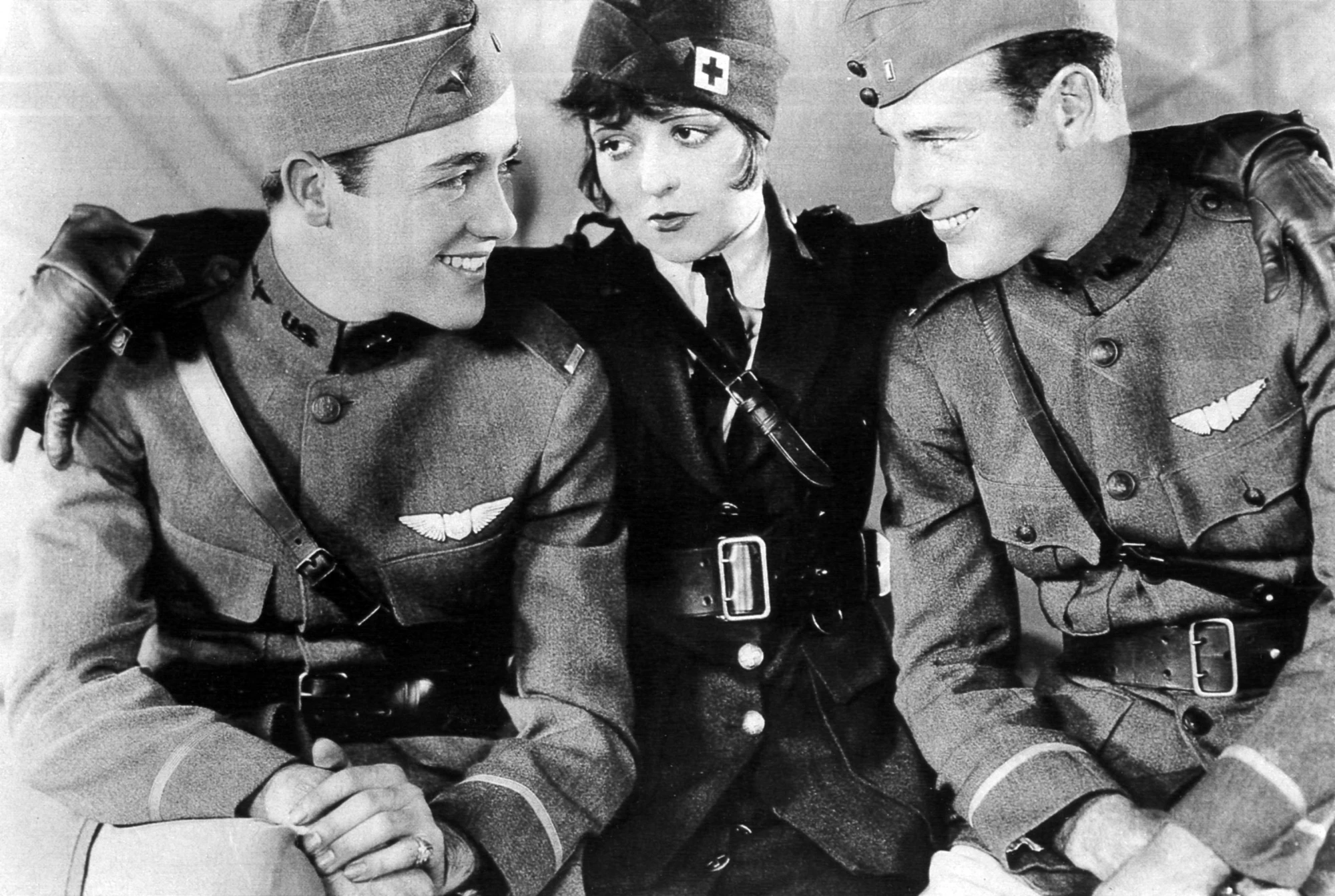Screening Series
Screening Series
Hollywoodland: The Origins of the Studios
Organized to accompany Hollywoodland: Jewish Founders and the Making of a Movie Capital, this series showcases a seminal film for each of the eight studios in the exhibition.
Sep 5–Nov 14, 2024
